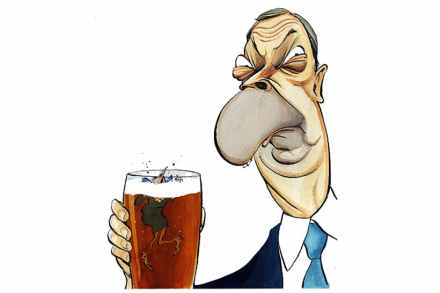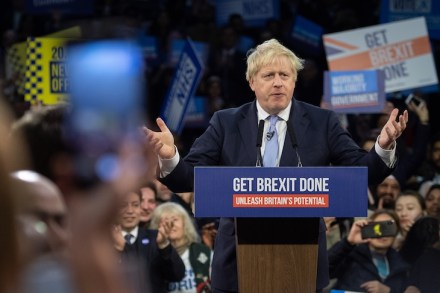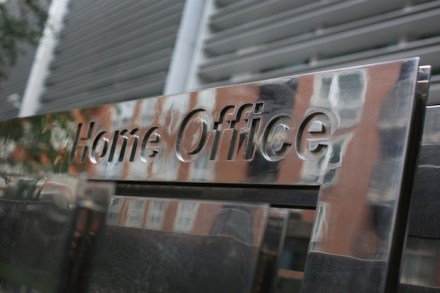For cod’s sake, don’t sacrifice the fish
One of the more dispiriting experiences of the British supermarket is a visit to the fish counter. On a historically seagoing island, the selection is often abysmal, frequently imported, and always expensive: farmed Norwegian salmon, farmed Vietnamese basa (blech), cod gone a suspicious taupe and priced like its weight in saffron (83 per cent of the cod consumed in the UK is also imported; why?) and maybe a few locally sourced mackerel or sardines, depending on the day. Otherwise, vinegary cockles, leathery kippers and smoked haddock the garish colour of a child’s toy substitute for a fresh catch from British waters. Worse, at my nearest Tesco, as of two months


















